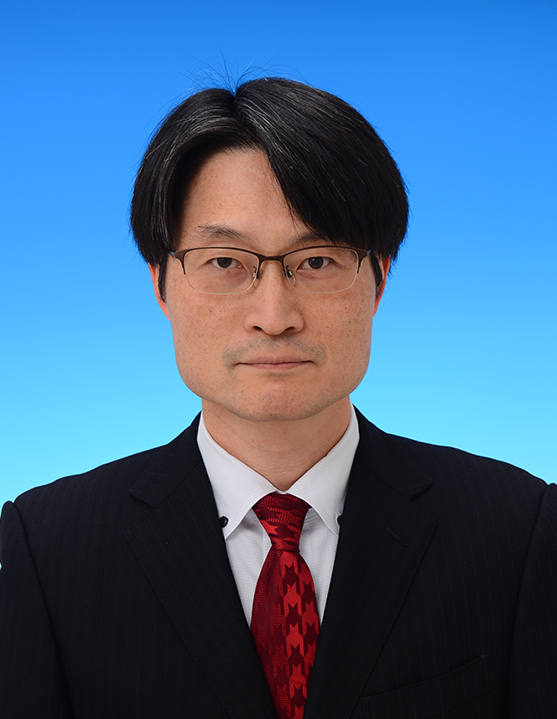About the SRC
- Outline
- Faculty and Staff
- Greetings from the new SRC Director
Greetings from the new SRC Director
NORIHIRO NAGANAWA

When the world is witnessing great changes, it is a tremendous honor to be director of the SRC, Japan’s national center for Slavic and Eurasian studies. I am thrilled by this responsibility. Many commentators are saying that the post-Cold-War world order ended with Russia’s invasion of Ukraine on 24 February 2022. As a historian of modern Central Eurasia, I would see what is happening today as a deeper tectonic transition, namely the end of the long twentieth century that began with the first globalization driven by the European imperialism since around the 1870s. I develop my thoughts in the introduction of an edited volume, Dreams of Emancipation: A Transnational History of Revolutionary Russia, which is expected to be released by the Academic Studies Press in 2024 (of course, this does not represent the SRC’s opinion).
The war in Ukraine makes decolonization a buzz word in our field. Scholars are trying to correct Russia-centric visions that have existed both implicitly and explicitly by consciously looking for and listening to non-Russian voices and shifting their research sites from Russia to post-Soviet countries, Central Europe, Finland, Turkey, etc. The SRC also opened a research unit for Ukraine and its surrounding areas in November 2023. At the same time, we should not dismiss the fact that this war also reveals burgeoning non-Western (Global South) nations’ very cynical postures toward the shrinking West’s unanimous support of Ukraine. The recent war between Hamas and Israel in Gaza has once again painfully ascertained the West’s support of inequality in human lives, which undermines the morality of its liberalism itself. Against this backdrop, is it high time to think of more comprehensive decolonization? Area studies has to tackle specific challenges. If big theories and conversations are also bounded and limited by the specific time and space of Europe, as Dipesh Chakrabarty argues in his Provincializing Europe, how can Slavic and Eurasian studies shape and complicate our understanding of the past and present of the world? Is it enough to provide case studies and counterevidence for Western-centric paradigms? From April 2022, with direct financial reinforcement from the Ministry of Education and Science, the SRC has been undertaking a five-year project exploring survival strategies in a changing world order with a view toward redefining its missions. We are trying to use our expertise on past tectonic changes in the Eurasian continent to conceptualize and explain to a broader public the global crisis we are now confronting.
The Japanese humanities faces its own challenge of decolonization. We are forced to integrate into the English-centric world of scholarship, with our performance increasingly measured by English publications. Unfortunately, we must admit that very few Japanese scholars of Slavic Eurasia are eager to make their works known in English. Will we remain happy with translating works in English and other languages into Japanese, criticizing these foreign works without addressing their authors directly in languages accessible to them, consuming them domestically, and forging our own authority in the field? Will Japanese scholars be ready and willing to engage in shaping the world academia? Scholarship of colonialism has suggested that the apparently omnipotent imperial rule did not deprive the subjugated of their subjectivity, but on the contrary develop their agency using the very infrastructure of the rule. The SRC has been an unusual hub in the circulation of Slavic and Eurasian expertise, whose functions were enhanced by my predecessor, Motoki Nomachi, who opened to international competition some calls for applications that had formerly been limited to the Japanese. I hope that, assembling people of different genders, generations, nationalities, and disciplines, the SRC will create a curiosity-driven community moving toward a comprehensive decolonization.
April 1, 2024